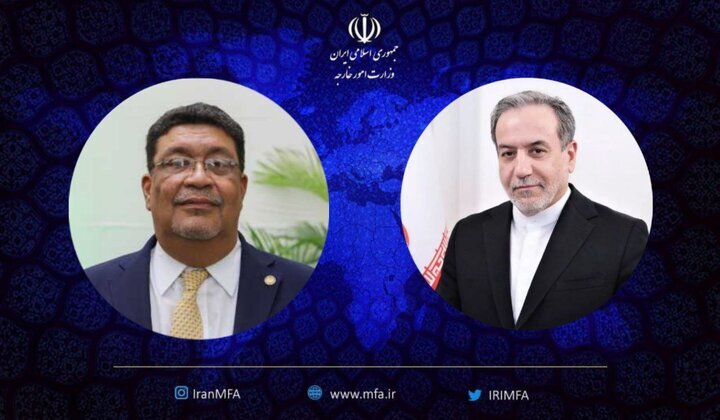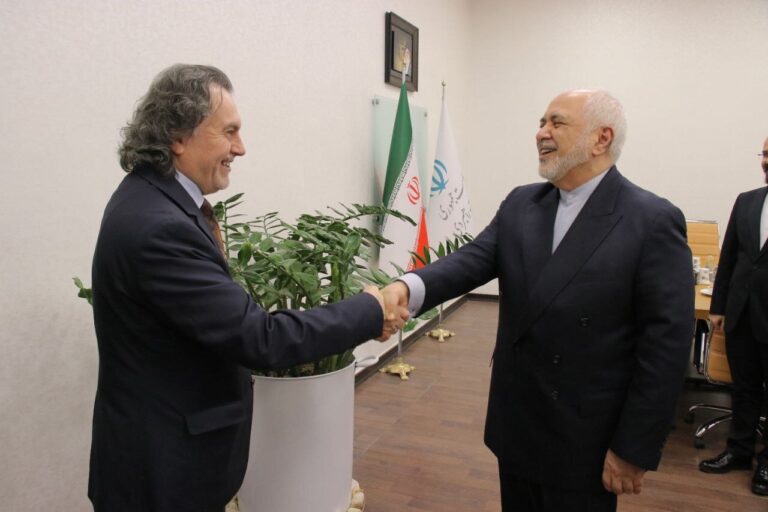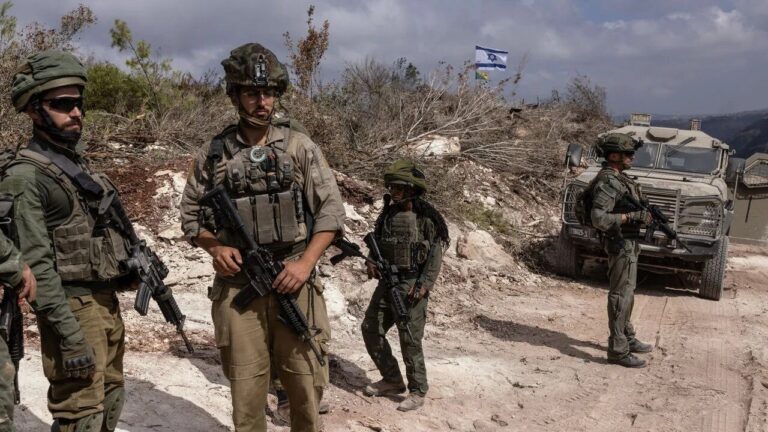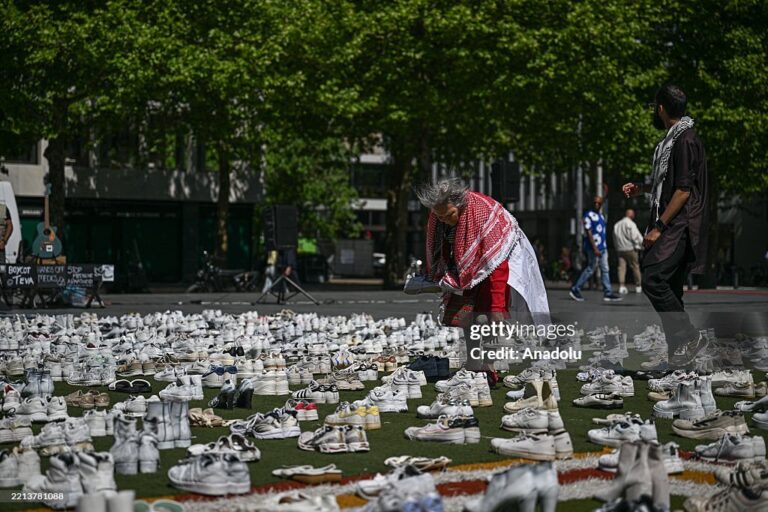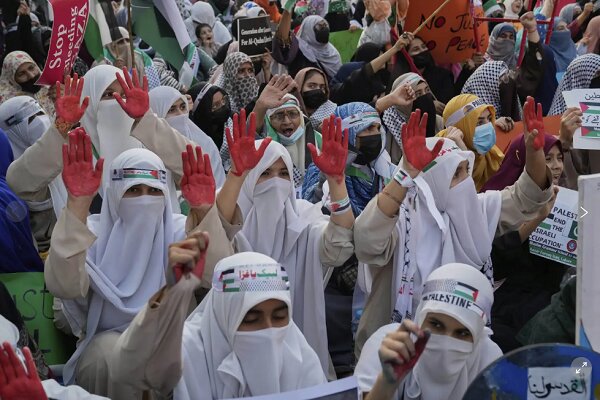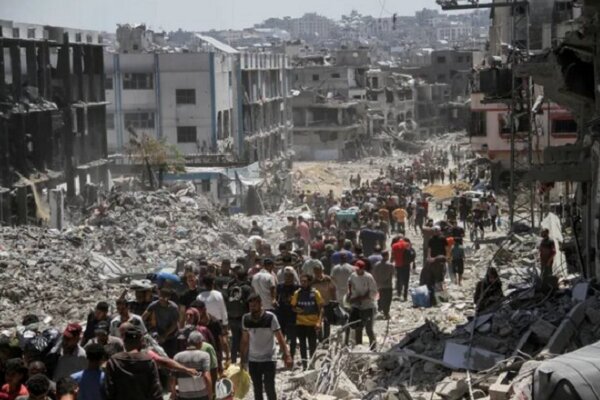Axis of Resistance: Unyielding Spirit and Strategies Against the New Crusade
Comparing the medieval Crusades with modern American wars provides a fascinating historical analysis. This examination reveals how strategies have evolved yet remain strikingly similar. The slogan “Deus Vult” (God wills it), famously used by Crusaders in the 11th century against the Islamic East, finds a contemporary echo in the phrase “Holy War against Terrorism,” as embraced by certain far-right Christian factions in America.
Donald Trump’s appointment of individuals like Pat Hegseth as U.S. Secretary of Defense underscores this connection. Hegseth’s book, American Crusade (2020), advocates for a “return to the Crusader spirit” and suggests that the ambition to dominate the Islamic world is a colonial agenda disguised in ideological rhetoric. Even President Joe Biden, following the U.S. withdrawal from Afghanistan, remarked, “America must prepare to confront greater threats, such as the Axis of Resistance and China.”
Chapter One: The Zionist-Crusader Blueprint… From Documents to Actions
In understanding the historical context, we can identify key elements that reveal the ideological underpinnings of this modern conflict.
- Western Literature as Evidence of Guilt
- Hegseth’s book explicitly connects the “War on Terror” with “the necessity of controlling the Islamic world.” This aligns with Zionist documents like The Protocols of the Elders of Zion, which claim: “The Islamic world must be kept in perpetual conflict to ensure control over its resources.”
- A 2023 report from the Zionist Atlanta Institute notes: “The collapse of Syria and Iraq is key to controlling Islamic energy routes.”
- The Geopolitical Dimensions of the Conspiracy
- The fall of Bashar al-Assad in Syria could sever Iran’s link to Hezbollah, as indicated in a 2010 WikiLeaks document from the U.S. ambassador in Damascus.
- The 2021 U.S. National Security Council report lauded the Abraham Accords for “undermining the jihadist spirit of Palestinians through economic strangulation.”
Chapter Two: The Axis of Resistance… Analyzing the Structure of Perseverance
The ideological foundation of the resistance against these modern crusades is significant.
- The Ideological Foundation
- The doctrine of resistance is deeply rooted in the teachings of Imam Khomeini (RA), who declared in 1979: “If we stand firm like a mountain, the enemy will not be able to shake us.” This philosophy has been pivotal in victories such as the liberation of South Lebanon in 2000 and the ongoing resistance in Gaza.
- Strategic Depth
- Martyr Qassem Soleimani emphasized: “The Popular Mobilization Forces (PMF) are a barrier against ISIS and American plans.”
- A 2022 Pentagon document recognized that Ansarullah’s missiles have reshaped the strategic balance in the Red Sea.
- Soft Power Tools
- A 2023 RAND Corporation report warns that “the discourse of resistance is expanding among European youth.”
Chapter Three: Exposing Western Contradictions… In Their Own Words
Analyzing Western perspectives reveals inherent contradictions in their narratives.
- From Evangelism to Secularism
- Michael Hudson, in The New American Empire (2021), states: “Human rights are merely a pretext for plundering the Middle East.”
- Evangelical pastor Jerry Falwell claimed on Fox News in 2020: “Supporting Israel is a religious duty!”
- Zionism as an Executive Arm
- Ehud Barak noted in 2018: “Any Arab country that normalizes relations will become a fortress protecting Israel.”
Conclusion: Resistance is Our Destiny… Because the Enemy Only Retreats Before Strength
Today, the West continues its modern Crusade through various means:
- Militarily: Through the establishment of U.S. military bases.
- Culturally: By promoting deceptive peace slogans.
- Economically: Through oppressive sanctions.
As Dr. Abdelwahab Elmessiri wisely stated, “The Crusades did not end through negotiations; they were defeated by resistance.” The spirit of “Hayhat minna al-dhilla” (Never to Humiliation) remains vibrant from Tehran to Beirut to Sanaa. In the words of Sayyed Hassan Nasrallah, “We will shoot down your aircraft… even if we have to sell our clothes to keep fighting!”
Sources include WikiLeaks documents and various Western research centers, along with insights from The New Crusade by Mohammed Hassanein Heikal.

